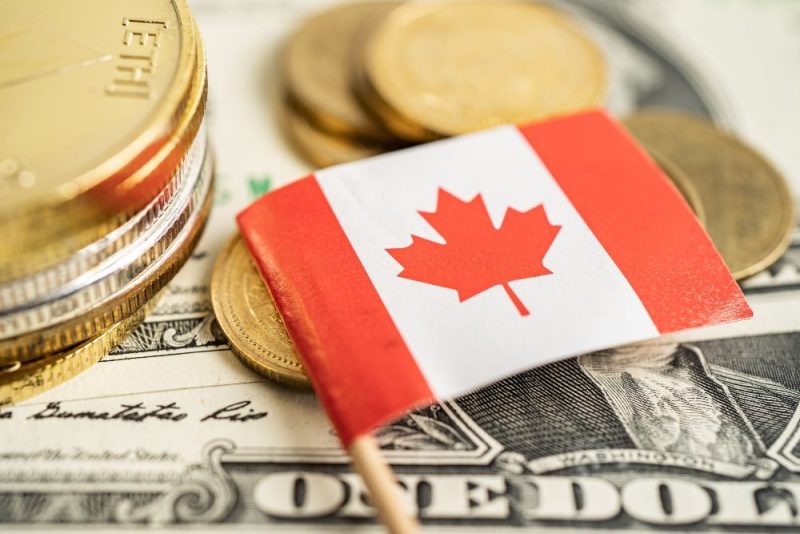Canada’s inflation rate fell to 1.8% in December, a surprising drop.
This decrease is largely due to a sales tax break introduced mid-month, which reduced the cost of goods like alcohol, restaurant meals, and children’s clothing.
Most analysts had expected a slight dip to around 1.9%, so this drop reinforces the positive trend in the economy.
Monthly, the consumer price index (CPI) fell by 0.4%, reflecting the impact of the sales tax relief.
This is the first time in months that inflation hasn’t been linked to increased consumer spending.
For example, the price of alcohol in stores dropped 1.3% in December, after rising 1.9% in November.
Restaurant food prices also fell by 1.6%, following a 3.4% increase the month before.
The government plans to extend the sales tax break, which was originally set to end in mid-February.
This will provide consumers with an extra month of relief from high costs in January, rather than just 18 days in December.
The tax relief has reduced the cost of about 10% of the items in the CPI basket, helping ease the financial strain on households.
The steady decline in prices, which has remained at or below the Bank of Canada’s 2% target since August, has allowed the bank to lower its key policy rate by 175 basis points, bringing it to 3.25%.
A further drop in inflation in December could lead the central bank to cut rates again next week. However, Bank of Canada Governor Tiff Macklem mentioned last month that future rate cuts would be gradual.
The central bank’s preferred core inflation measures, CPI-median and CPI-trim, also saw a slight decrease.
The bank already lowered its rate by 175 basis points to 3.25%, and analysts expect a 25 basis point reduction at the next meeting on January 29.
While the Canadian dollar dropped 0.90% against the US dollar, experts remain cautious due to mixed financial signals in the market.
Economists like Andrew Grantham from CIBC Capital Markets suggest that inflation is influenced by both long-term and temporary factors.
As Canada faces ongoing economic challenges, balancing fiscal policy, inflation, and consumer sentiment will be key to the country’s growth.
The government’s sales tax relief will help consumers, but maintaining a stable economy will require solid policy and effective management amid global uncertainties.
The post Canada’s inflation rate drops to 1.8% in December as sales tax break eases consumer prices appeared first on Invezz


